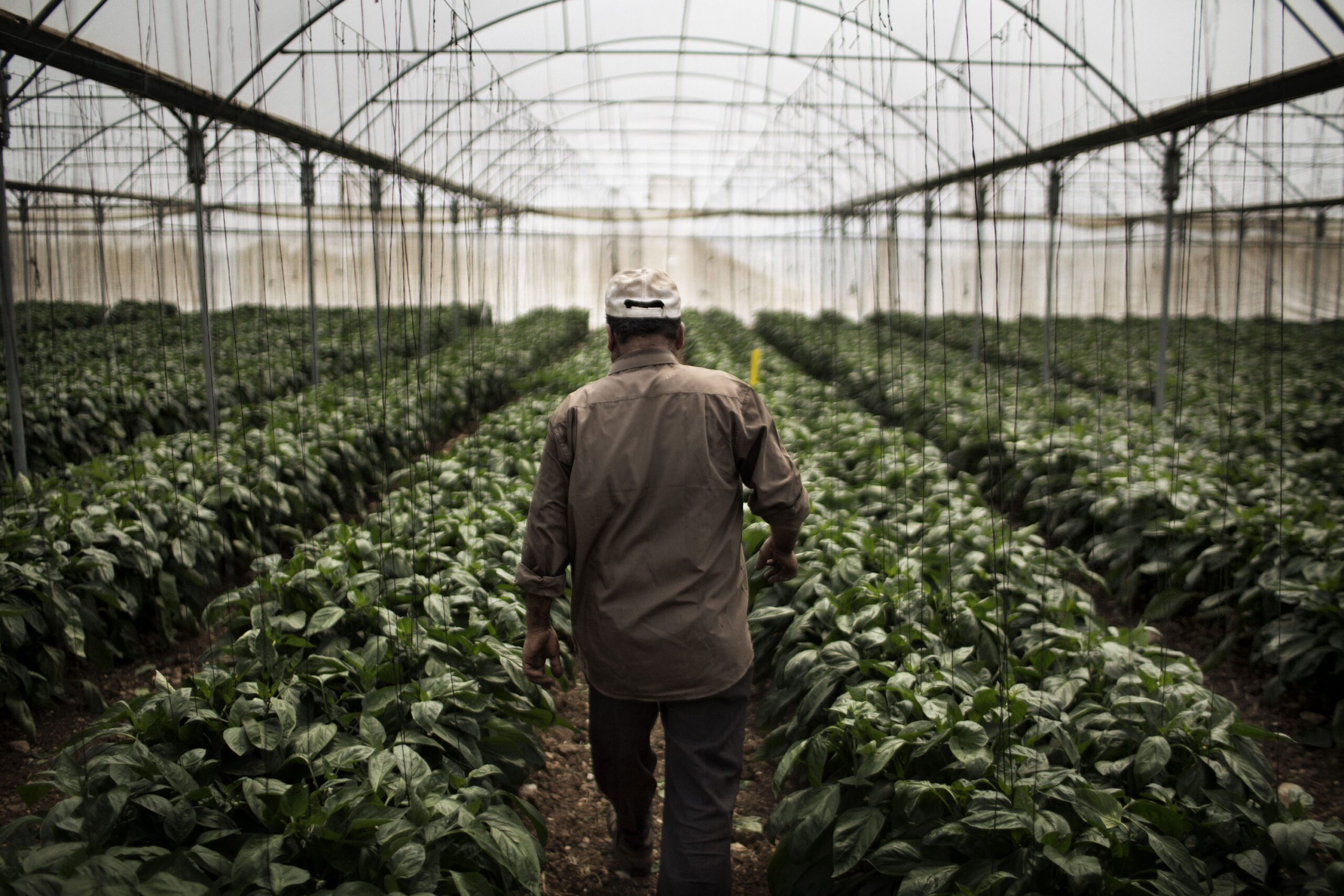PROJECT SUMMARY
Digital innovations and capacity building are helping to drive change in Kazakhstan’s milk sector, connecting smallholders to processors as part of efforts to boost raw milk quality, steady supplies and reduce inefficiencies.
CONTEXT
In Kazakhstan, where around two million families earn a living in the dairy sector, 80 percent of the country’s milk is produced from farms with herds of five cows or fewer. While sales of raw milk to processors provide a vital livelihood lifeline to these smallholders, inefficiencies in both production and collection are creating bottlenecks in the sector, compromising industry competitiveness. Milk quality is often poor, availability is seasonal, and distances to dairy plants can span hundreds of kilometres – it is estimated that only 60 percent of current processing capacity is used because of a lack of fresh milk that meets quality norms.
This EBRD and FAO project is helping to improve the efficiency of Kazakhstan’s raw milk supplies to processors with the support of two innovative digital solutions:
- Open Foris Collect Mobile App connects farmers to processors. Using georeferenced data collected at the farm gate, the app enables optimization of milk collection routes, better planning of cold chain investments, and most importantly monitoring of KPIs and practices of each supplying farm to identify and address factors negatively affecting milk quality.
- Smart Milk Portal is a one-stop shop for knowledge for all players along the chain. Dairy farmers, milk collectors, processors and even consumers are using this resource to improve their operations or simply take the right decisions.
Activities
Investment in human capital including:
Build the Dairy Union of Kazakhstan’s capacity to lead a genuine public-private policy dialogue, conduct information campaigns, and disseminate responsible sourcing practices.
Train milk procurement managers with Kazakhstan’s top dairy companies on Collect Mobile which can be used to map milk procurement routes, monitor and score the performance of their milk suppliers and pinpoint trouble spots hindering milk quality and yields.
Organize a 5-day knowledge exchange with Croatia, which has recently upgraded its dairy industry to meet stringent EU quality and food safety standards. The visit, organized in collaboration with the Ministry of Agriculture of Croatia and the Croatian Dairy Purchasers and Producers’ Association, included visits to dairy farms, processing plants, Croatia’s central milk quality laboratory, and retail outlets.
Hold 3 training events to upgrade the knowledge of 40 national consultants to the level of Master Trainers and provide advisory services to SME dairy farms in Kazakhstan under the EBRD’s Support to Small Business Programme.
Provision of analytics and decision-support services:
Dairy Value Chain Analysis (2020).
Automated supply-demand balance.
Key Market Indicators – an interactive dashboard.
Achievements
- Signing of a national Milk Quality roadmap (in Aug 2019) to bring the national dairy industry to the level of Eurasian Economic Union (EAEU) food safety norms The portal is part of work to support Kazakhstan’s commitment to improving the safety of raw milk and dairy products with measures including monitoring animal health and raw milk quality testing and promoting inclusiveness.
- Launch of Collect Mobile App in Astana and Almaty attended by milk procurement managers from several dairy companies including the top five, which represent around 40% of the market share. The launch was supported by two training events and training materials have been developed in Russian and English.
- Launch the Smart Milk Portal – a one-stop knowledge shop featuring a family farms’ pocket handbook, milk collectors’ manual, posters, video tutorials and animations covering everything from keeping cows healthy to disinfecting workspace to the importance of understanding milk safety for consumers.
- Accreditation of six national consultants as qualified Advisory Service Providers on dairy farming-related subjects strengthening the pool of young motivated Kazakh experts to ensure long-term sustainability beyond project completion.



































